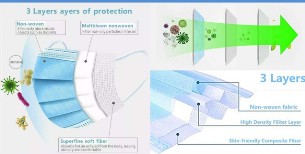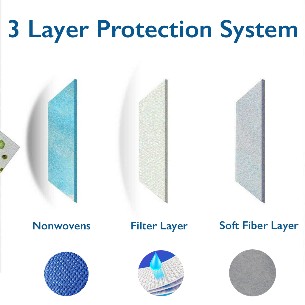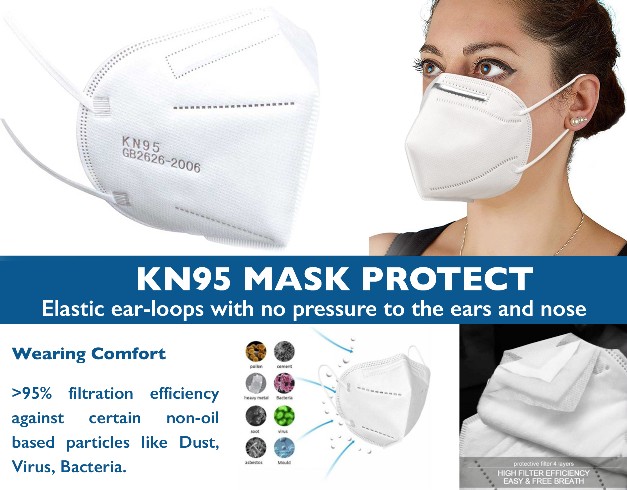MASK - Cussinel
Main menu:
MASK

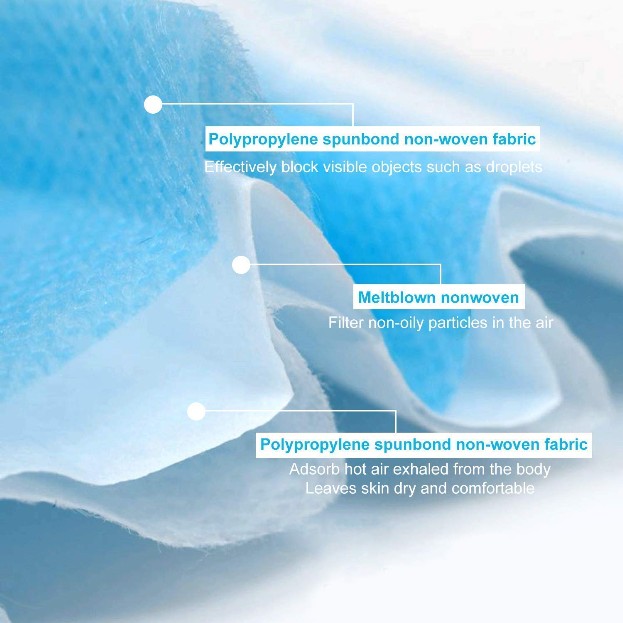
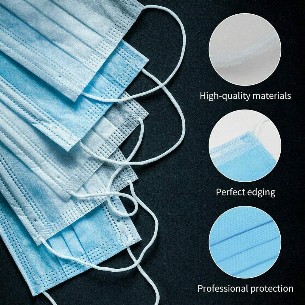
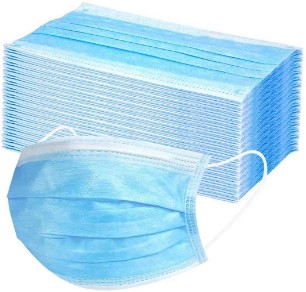
A protective mask is a loose-fitting, disposable device that creates a physical barrier between the mouth and nose of the wearer and potential contaminants in the immediate environment. Protectivel masks are regulated under 21 CFR 878.4040, are not to be shared and may be labeled as surgical, isolation, dental, or medical procedure masks.
Protective masks are made in different thicknesses and with different ability to protect you from contact with liquids. These properties may also affect how easily you can breathe through the face mask and how well the protective mask protects you.
If worn properly, a protrective mask is meant to help block large-particle droplets, splashes, sprays, or splatter that may contain germs (viruses and bacteria), keeping it from reaching your mouth and nose. Protective masks may also help reduce exposure of your saliva and respiratory secretions to others.
While a protective mask may be effective in blocking splashes and large-particle droplets, a face mask, by design, does not filter or block very small particles in the air that may be transmitted by coughs, sneezes, or certain medical procedures. Surgical masks also do not provide complete protection from germs and other contaminants because of the loose fit between the surface of the face mask and your face.
